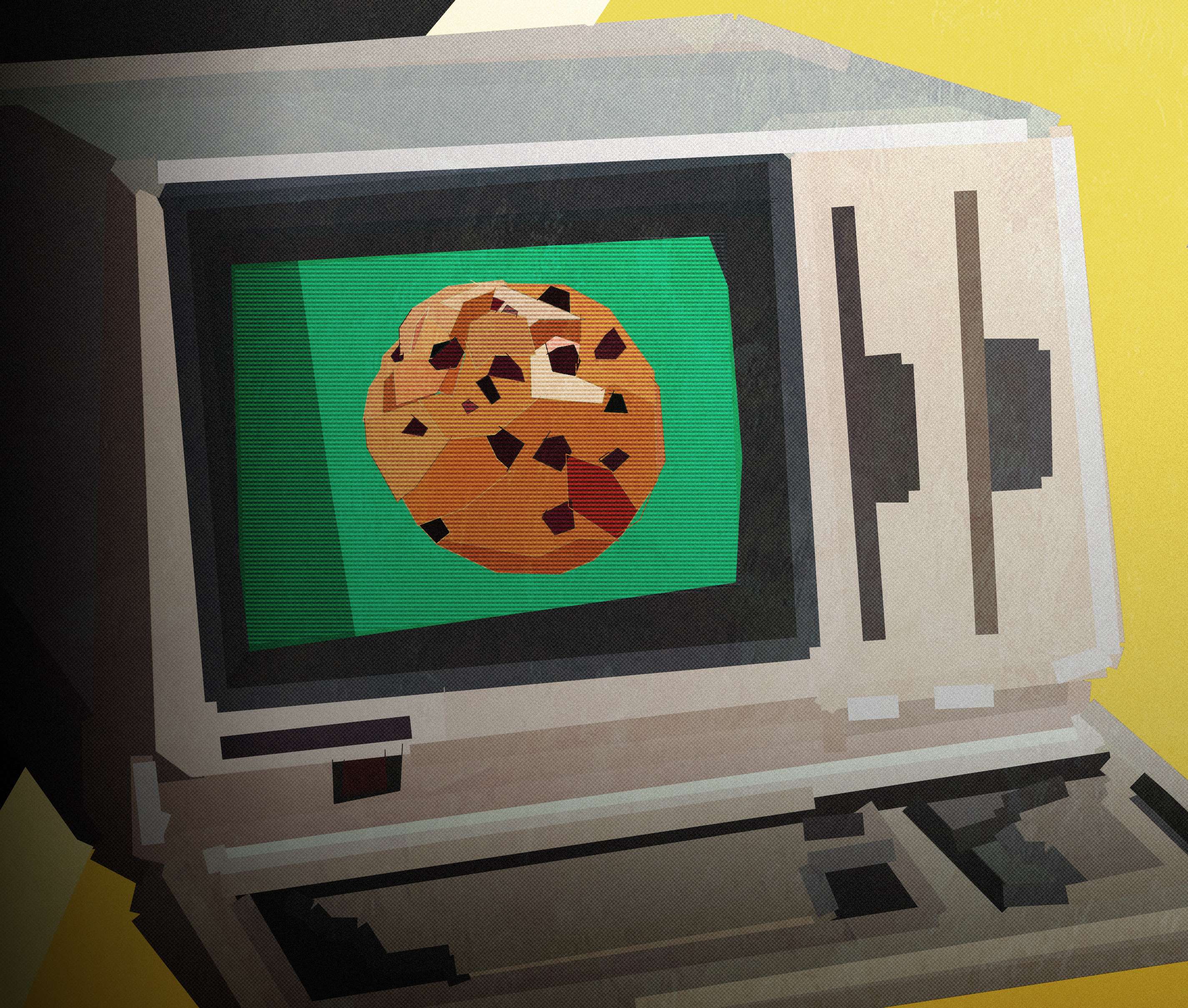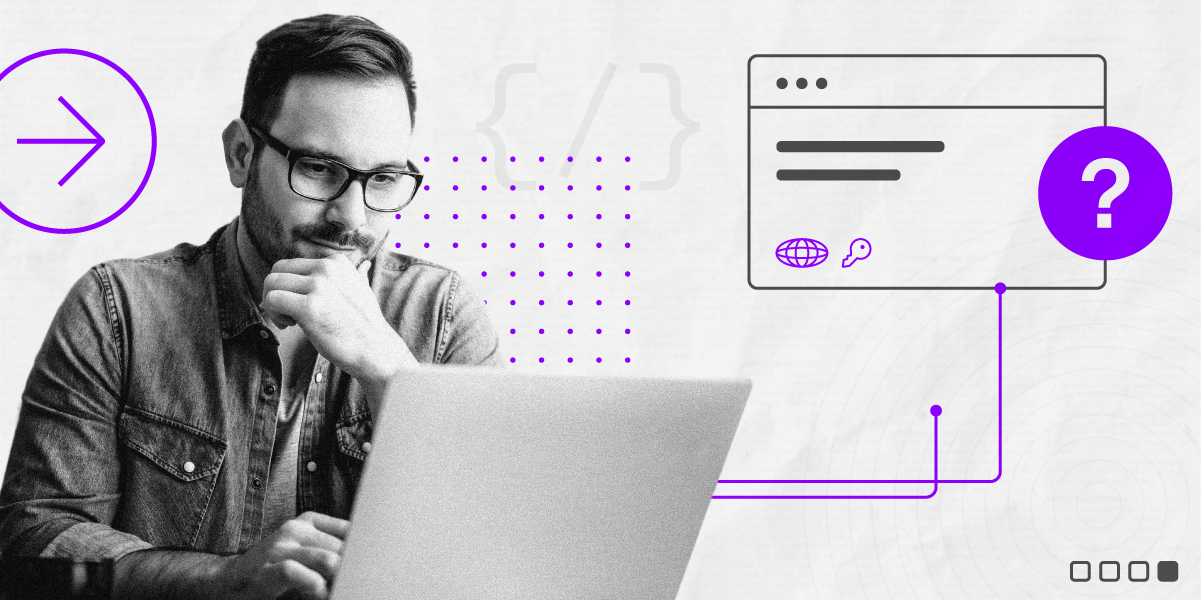There’s a well-known anecdote that has been used to describe the gradual shifting of our world, from the politics of war to climate change: the boiling frog. The premise is simple: drop a jumpy frog into a boiling pot of water, and it will jump out immediately; slowly turn up the heat on the cold water a frog is already in, and it won’t notice it is boiling alive.
The imagery is gruesome, but it illustrates an important point: very often, we cannot anticipate the impact of something that happens to us in bits and pieces over time. Instead, we are shocked to open our eyes and find how much a series of little changes have turned our world into something very different.
Now take that lens and focus on the way we use the Internet today. The growth of Internet-funded businesses, software as a service, data as a service and other models have slowly and steadily changed the circumstances of our personal privacy online. Now is the time to take responsibility for our data prior to the the proverbial boil.
90% Of Adults Agree That We’ve Lost Control Of our Personal Data
On Tuesday, Pew released a report entitled “Public Perceptions of Privacy and Security in the Post-Snowden Era.” This study reflects the complex challenge of keeping our private information truly private on the Internet and the results overwhelmingly showed the burgeoning distrust users have harbored in putting their private information online. More than 90 percent of adults in the survey “agree” or “strongly agree” that consumers have lost control over how their personal information is collected and used by companies.
The survey also exposed that there is a particular wariness in using online communication methods to share private information – email, chat clients, and social media sites were ranked the most untrustworthy, with 81 percent indicating social media sites like Facebook and Twitter were “not very secure” or “not at all secure.”
Economic Disincentives
The economic models of most online companies incent the collection of our personal information, which is the true “payment” for superficially free services we use every day. That surface-level convenience toys with our perception of safety, and we find ourselves skipping through Terms of Service Agreements (which are in a constant state of update to trickle out an increasing amount of information) to get to the “good stuff.”
Individually and collectively, we’ve ignored the signs and become sloppy with our digital footprints. As a result pundits such as Bruce Schneier — a world renowned American cryptographer, computer security and privacy specialist, and writer — refers to the present time as a “Golden Age of Surveillance” that makes it easier than ever for companies to turn our personal information into revenue.
Convenience = A Hotter Flame To The Boil
Pew’s research shows that we’re aware of how regularly we sacrifice our privacy for our convenience – so why don’t we jump out of the boiling water already?
We say at BitTorrent, “Privacy is not up for debate.” This is true – it should be our choice to use our personal information in the ways that we see fit. But I would like to amend it to also say, “Privacy is a responsibility.” It’s no longer enough to simply know we have control of our personal information. We have to take the steps necessary to ensure that we’re aware of when and how that information is shared, and fully consent to the use of that information.
When companies don’t provide the tools to recognize and control our own private information, the onus is on us to turn our awareness into action. One way we can do that is by using the services of companies that care about how we hand over personal information, and are committed to educating users about privacy. A very recent banner example is the proactive stance that Mozilla has taken in its latest Firefox browser update. Firefox 33.1, updated in honor of the browser’s 10th anniversary, includes tighter integrations with Tor and private search network DuckDuckGo, as well as a “forget” button that enables users to purge the browser of all cookies and other data from the last five minutes, two hours, or full day of Internet usage. Firefox is freely giving users ways to physically assess the implications of their own browsing behaviors, and adjust accordingly.
Not all companies are the Mozilla Foundation. We cannot undo the way that companies have monetized our lives, but we can lift the veil and see those actions for what they are — even if it means actually reading The Terms of Service Agreement the next time a company asks for access to even more information, and perhaps ultimately choosing not to use their products.
We’re aware of where we are now, so let’s embrace this responsibility together.
Photo: Flickr/Surian Soosay



